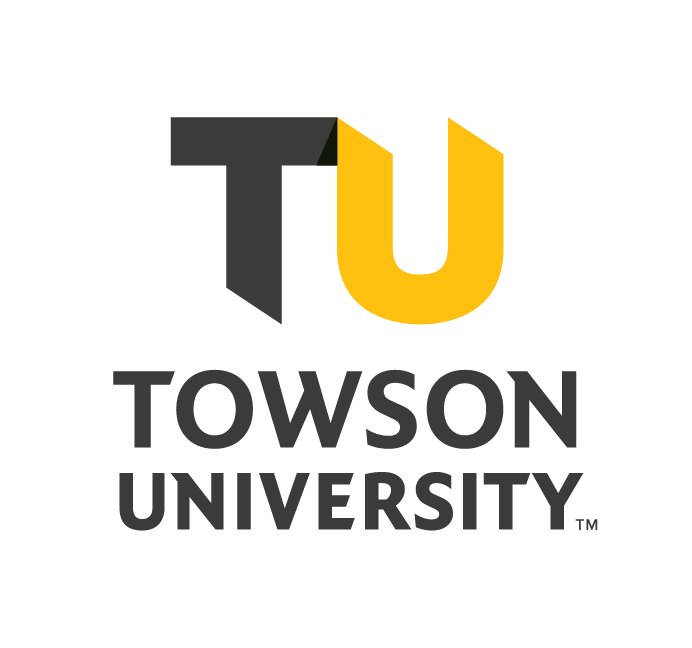| Description |
|---|
The Undergraduate Mathematics Research Conference at Towson is a one-day meeting designed to promote undergraduate research in mathematics by showcasing completed original research, selected expository presentations, as well as research projects in progress. If you are an undergraduate student or a high-school student, you are welcome to attend the conference (with or without a talk). If you have participated in an original research project, you are invited to give a presentation about your research. The web page Advice for Presenters offers information about the length of the talk, the physical facilities, and some links to website for helpful hints in preparing your presentation.
In addition to student presentations, the conference features two invited faculty
talks and a panel on career opportunities in government, industry, and academia.
| Information |
|---|
Location: Zoom!
Time:10 am -- 5:30 pm
Informal conversation starts at 9:30am.
Please fill out the online registration form if you are planning to attend.
Organizers: Sergiy Borodachov (sborodachov@towson.edu), Alexei Kolesnikov (akolesnikov@towson.edu), Nathan McNew (nmcnew@towson.edu)
| Plenary Speakers |
|---|
Title: "A radical approach to mathematics"
Abstract: I'll introduce Pascal's Theorem about conics and explain how I spent six years trying to generalize the result to cubics. Along the way, we'll meet many interesting geometric concepts, including the radical axis. But the radical approach to mathematics that I advocate will be a very personal reflection on the value of community and emotion in mathematical progress.
Dr. Rebecca Goldin, George Mason University. Title: Should You Believe It? Numbers in the News
Abstract:News accounts of science and scientific ideas are filled with numbers and implicit advice. They also tell a story. Do violent video games lead to violence? Can brain scans read our minds? Does chocolate make us smarter? In contexts as diverse as political surveys, criminal courts and public health, numbers play an increasingly prominent role as data becomes more accessible. Despite our need for clear rendering of numerical information, many media accounts using statistics are misleading. In this presentation, Rebecca Goldin will share some humorous as well as serious stories about statistical bloopers in the media, peppered with suggestions for better communication. Numerical reasoning can be powerful, she says, when we move past politics and morality to clarify what quantitative information actually tells us, what it does not and what it cannot.
Goldin earned a B.A. from Harvard University and a Ph.D. in mathematics from the Massachusetts Institute of Technology. She is a professor of mathematics at George Mason University, a fellow of the American Mathematical Society, and director of STATS at Sense About Science USA. Goldin is a leading expert on the use and abuse of statistics in the media, as well as an accomplished mathematician focusing on geometry and related combinatorics. She was the inaugural winner of the Ruth I. Michler Memorial Prize of the Association for Women in Mathematics, an Etta Z. Falconer Lecturer on statistics use in the media, and has had numerous grants awarded from the National Science Foundation for her work in mathematics and statistical communicati
| Contributed Talks |
|---|
| Career Panel |
|---|
Ms. Lindsey Wilson, CMS/OACT
Ms. Jenn Weiler, Penn Medical
Mr. Larry Allen, Graduate Student, Baylor University
| Logistics |
|---|
Last modified 29 April 2021.
